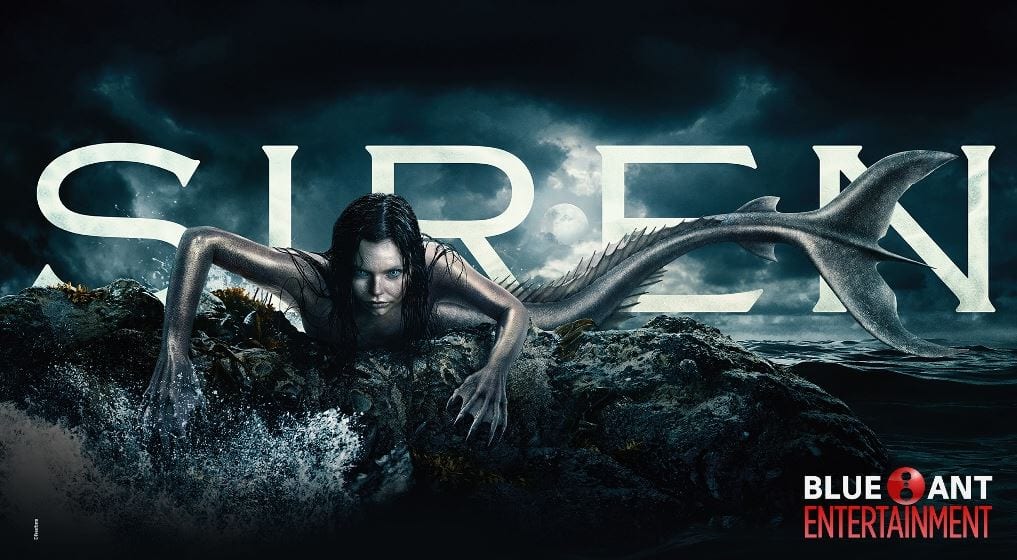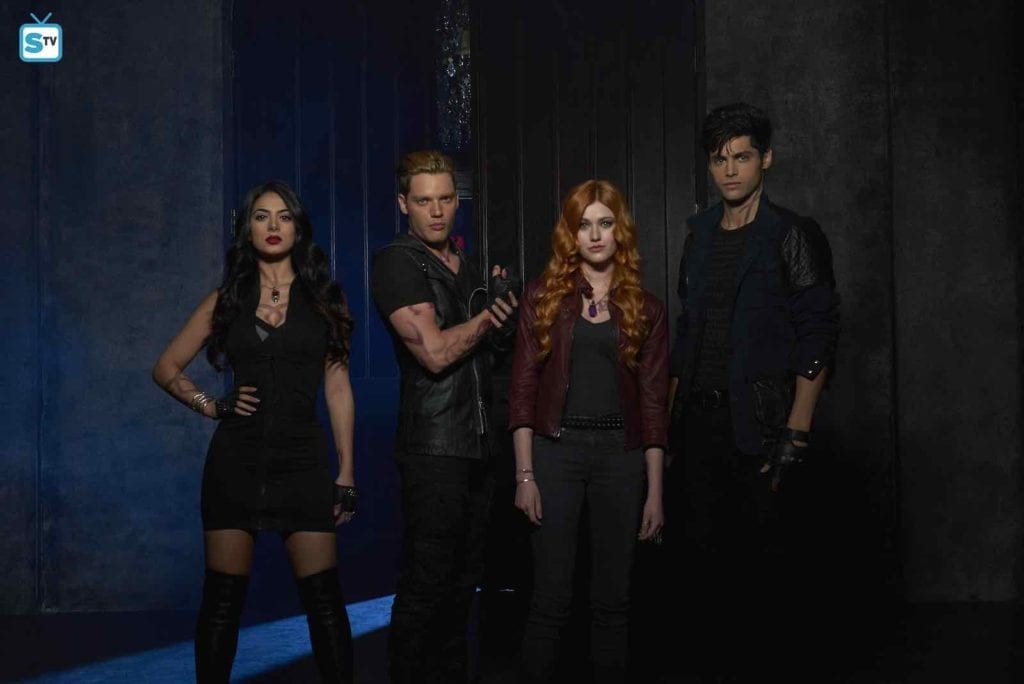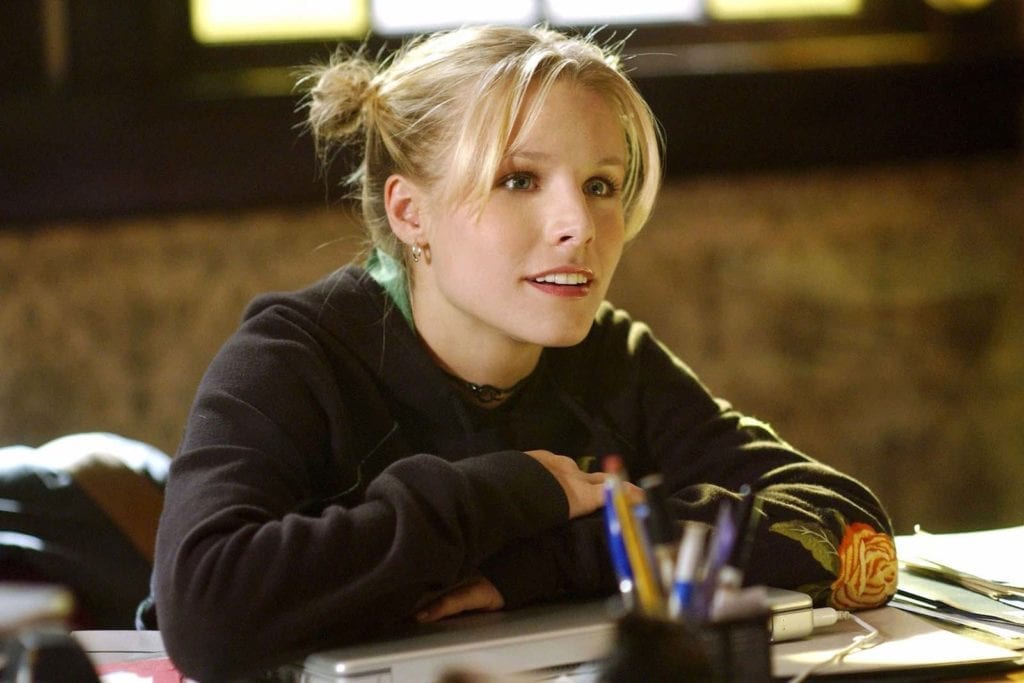
Save ‘Shadowhunters’: What we learned from Upfronts ’19
Data doesn’t lie. Before y’all get your knickers in a twist, we’re very aware that Shadowhunters has been cancelled. But but in pursuit of our goal to #SaveShadowhunters, we need to look at the data and the economics behind the cancellation decision. A great way to judge the viability of future Shadowhunters hunts is by looking at the other limited series that call Freeform home.
We want to track all the factors in play for this cancellation so we can all understand what steps to take to see Shadowhunters on screen again. Our beloved show wasn’t cancelled because of reception; it probably wasn’t cancelled due to viewing figures; and it wasn’t cancelled because of the creative content.
It was cancelled because of the incredibly complicated fiduciary relationships that were made in order to make the show possible. Before Shadowhunters even aired, its finances were precarious. To get the chop, only a single partner needed to change its terms.

Last week, Freeform hosted their upfronts conference and told us all about their plans for the next year. It came as no surprise that Siren and Grown-ish got orders for new seasons: Siren is the top performing show on Freeform, garnering an average 505,000 live viewers every week, while Grown-ish sees around 486k.
Freeform also renewed The Bold Type, which has struggled for three seasons to find its audience, averaging a meager 220,000 live viewers last season.
What is behind these confusing renewals? Money, influence, and the number of fingers going in each pie. Grab a coffee and sit down while we go deep into the data once more.

Getting deep into Siren
Bristol Cove is a magical place known as the home to many mermaids. Siren focuses on mysterious sea creature Ryn – played by the otherworldly ethereal beauty, Belgian actress Eline Powell (Game of Thrones) – who washes ashore in the fictional town of Bristol Cove to search for her missing siren sister, captured by the government in the ocean for testing.
Siren is a gripping fantasy tale given full support from Freeform since day one. Why, you might ask? Because Freeform owns the rights to the show – although they work with a production company to create this flagship program, we’re betting they’re just a gun for hire.
In other words, Freeform does not share the revenue created from Siren with anyone after expenses. So they’re more than happy to give Siren a great airtime, throw advertising dollars behind it, and pretty much be all-in for the project.

We’re not in anyway dissing Siren by pointing this out: a funkload of dire TV shows have been well promoted by their networks (Game of Thrones S8, anyone?), setting them up to succeed. When a network owns a show, the potential to earn is nigh limitless. With Siren, Freeform can make money via:
- selling advertising slots
- product placement
- global syndication
- streaming syndication
- merchandise
- conventions
- spinoffs
The best part about it for Freeform is that with Siren (as far as we know), they get to keep all the profits.

Growing with Grown-ish
The highly anticipated spinoff show from Black-ish creator Kenya Barris follows teenager Zoey Johnson (Yara Shahidi) as she traverses the complex path of college and adulthood. This Freeform series takes a contemporary look at issues facing the students and administrators of higher education.
Grown-ish has not dissapointed: its sharp writing focuses on current topics like diversity, politics, Instagram filters, and old-fashioned YA tropes like sex, first love, and first loss. It’s been a ratings hit since the pilot.
Grown-ish’s ownership is slightly more complicated. The show was developed for Freeform under Kenya Barris’s development deal with ABC. Freeform is merely an umbrella (brand) of the ABC network. (They changed the name from the yawn-inducing ABC Family some years ago.)

ABC owns the rights to Grown-ish, while Barris is merely an incredibly well-paid gun for hire. We’re guessing that, with Barris’s profile off the back of the success of Black-ish, he very likely got a lucrative back-end deal on Grown-ish profits.
There are many reasons why ABC/Freeform would want to get behind Grown-ish. It’s obviously a great show written for an underserved demographic (Gen Y, y’all). Given that Kenya Barris is exiting ABC for a rumoured $100-million deal with Netflix, ABC would be desperate to claw back the money already sunk into nurturing his brand.

Lastly, even though they may be paying a back-end fee to Barris, ABC still owns the rights to Grown-ish, meaning if the show syndicates well and continues to be watched and rewatched after the final season airs, ABC will make passive income from the project.
It’s very much in ABC’s interests to foreground Grown-ish in the hopes that it could become the next Dawson’s Creek or Gilmore Girls, teen shows that went on to earn for their network for years after completing production.

Being bold with The Bold Type
Inspired by the life of Cosmopolitan editor-in-chief Joanna Coles, this series offers a glimpse into the outrageous lives and loves of three women as they try to find their own voices while working for fictional global women’s magazine Scarlet.
Our initial analysis that “The Bold Type has more issues than Cosmo” has softened somewhat: the show’s shrillness has lessened as the seasons have progressed, to become an adequate bingewatch (if nothing better is on). Beyond its (mixed) reception and low ratings, The Bold Type could be a unicorn for a company like ABC – if it can find its feet.

Executive Producer Joanna Coles is a big somebody in the publishing world, but in the TV world she’s almost a nobody. ABC probably paid a pretty penny for the frontend rights to produce this property, but Coles likely lacked the sway of a TV powerhouse like Barris to negotiate a solid backend deal. (“Frontend” is the money paid to license a project upfront, while “backend” refers to the net profits earned by the show over time.)
In regards to that The Bold Type upfront fee, Freeform surely did the math and worked out they can afford one more season to see if the show can find its audience before they give it the can. It’s cheap to produce (few locations, mostly unknown cast other than the exceptional Melora Hardin) and syndication & other sales likely turn a profit (even with low ratings).

What does all this have to do with Shadowhunters?
This preamble simply illustrates what a bad fit Shadowhunters was for Freeform from the get-go, and why its lifespan on the network was likely always going to be limited.
Here’s why:
- Freeform never stood to make sustainable profit from Shadowhunters due to ownership complications.
- Based on Shadowhunters being a joint-venture partnership, Freeform was not incentivized to give Shadowhunters the time slot or promotion it deserved.
- Freeform was reliant on partners to fund production, as it didn’t make financial sense to spend the money upfront for a property they don’t own.
More about those “ownership complications”
Constantin Film is a German film production company with a whopping fifty-year pedigree. They’ve survived bankruptcies, economic downturns, and the rise of VOD – but they’re certainly wet behind the ears when it comes to making TV shows. They’ll be producing their second Netflix show to drop later this year.

Constantin has had great successes (Dances with Wolves) along with colossal flops. Constantin, fresh off the success of Resident Evil, likely snagged the rights for Cassandra Clare’s hit book series The Mortal Instruments hoping they’d be able to create a Twilight-esque new movie franchise based on it. What happened instead? The Mortal Instruments: City of Bones was a critical & financial flop.
The movie made $90 million at the box office with only a $60 million production budget – but $60 million was spent on marketing. Ouch. The Mortal Instruments: City of Bones gained a meager 13% on Rotten Tomatoes and was universally panned by critics.
By 2014, all of Constantin’s hopes that Shadowhunters would be the next Twilight or Hunger Games were dashed. We’re guessing Constantin was forced to go back to the drawing board to recoup some of the massive loss incurred on City of Bones.

Streaming had really become the hot thing by this time, so Constantin Film likely figured they had one last-ditch attempt to squeeze some juice out of the lemon they’d bought (the rights to The Mortal Instruments) and created the pitch for an episodic TV show: Shadowhunters.
With neither Constantin Film nor Freeform (for all the reasons listed above) wanting to put up the cash to produce the show, very early in the development process Freeform and Constantin probably went to Netflix to pitch international rights. A deal was obviously made whereby if Shadowhunters was ordered to series, Netflix would front some of the production costs.
This is the closest thing we could find to actual footage of the meeting:
By the time Shadowhunters aired in 2016, Shadowhunters was already drinking in the Last Chance Saloon with Constantin Film; all it would take was one tiny straw to break the camel’s back. When Netflix pulled the rug out from Shadowhunters by refusing to pay anymore upfront costs for production, neither Freeform nor Constantin film could rationalize picking up that slack.

Where all that leaves us in the fight to #SaveShadowhunters
Freeformflop was never a good fit for Shadowhunters based on the rights issues surrounding the property. It’s 99% certain that Shadowhunters will not be saved by Freeformflop. We can go ahead and permanently delete the platform off our list.
Constantin Film spent millions on the Shadowhunters project and invested many years of staff time. We’re hazarding a guess that they’ve been able to pay their staff, but are still waiting for that big payday they wanted. In fact, they probably haven’t even scratched the surface on the amount they paid to buy the novel adaptation rights in the first place.
Constantin Film is sitting on their investment in Shadowhunters hoping its value goes up and they can sell it for a profit. They almost certainly don’t have the stomach for any future complicated productions – they’re done with Shadowhunters. However, a partnership with another production company who wants to make the show is not out of the question, if the money’s right.

There is certainly hope for the future of Shadowhunters – but it would need to be bolstered by affirmative action from the fandom, in the style of Veronica Mars.
Meantime, as all the chess pieces come into play all we can do is continue to raise awareness about the show we love. Keep tweeting, keep writing, keep donating to The Trevor Project, keep doing fan art, keep writing fan fics – and never give up hope. The news we’re waiting for could be just around the corner. Don’t forget, Shadowfan: everything’s for sale in this business. Keep the faith!
—
Thanks once again to the amazing Shadowhunters anthropologist C.B. Wentworth for some of the data included in this piece. We suggest you give her a follow on Twitter so you can keep up with the latest news.



